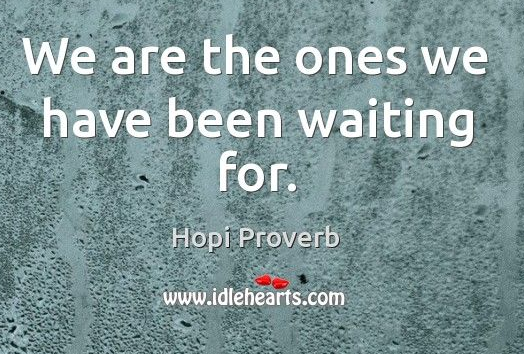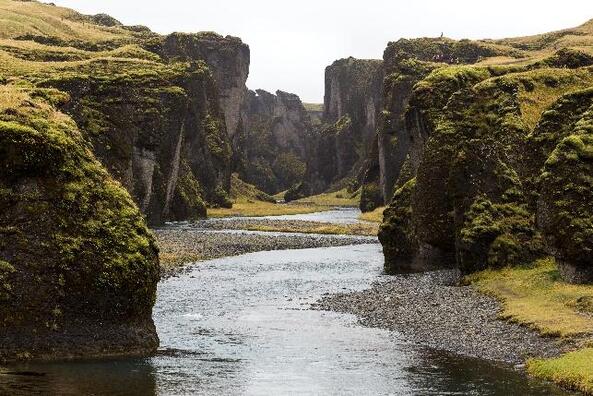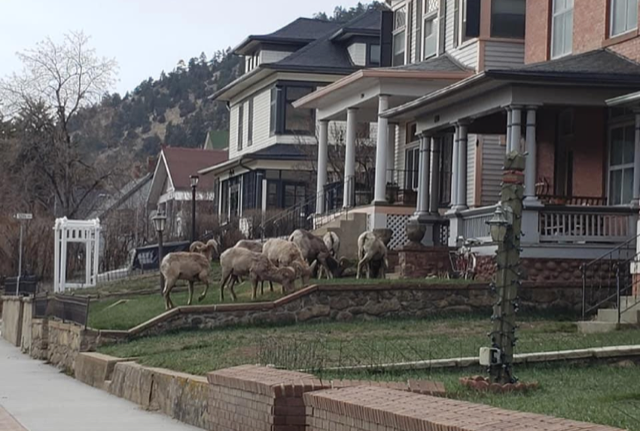Finding My Voice, Finding Hope
Lisa Schell
A former Fellow told me that the Buell Early Childhood Leadership Program is life changing, so I was prepared for a transformative experience. I sit here today, exactly one year later, realizing I had no idea what I was getting myself into! I entered the program with the desire to find my voice – especially as a leader striving for more equitable systems for young children. As the 12th cohort nears its end in the midst of a global pandemic, I am reflecting on my BECLP experience, my current situation, and where I find hope for the future.
Leader Within

My last university experience was completing my Masters in Education 18 years ago. I loved the challenge, the learning, and knowing that I was preparing myself for my next career goal, becoming a school principal. At our first 12th cohort meeting, I realized I was in for a completely different experience – I cried. I literally cried; what’s happening? Admittedly, I’m a crier, but not in front of complete strangers in a graduate-level program; what’s happening? As I continued through our summer learning, I dug into my personal biases, often feeling uncomfortable among the eloquent and passionate women of color in my cohort, wondering what I had to offer, not wanting to be either a fragile or dominant white woman’s voice in the room, acknowledging my privilege, feeling relieved when someone called out, “This is really uncomfortable.” I am grateful to now feel comfortable and empowered as we learn from and deeply respect one another. There has been so much important learning alongside the exploration of my leader within. I am committed to building my understanding of the historical context of the systems I work in, that have dark histories and were not built or preserved to serve people equitably. I still sometimes feel far from my goal of finding my voice, but I have always known that I want to be a genuine leader, and I can only do that if I know where I came from and who I am, genuinely, deep down.
How are Children Doing?
Early in my teaching career, I was fortunate to have a loving and energetic mentor. Flo was in her sixties, a former nun and Catholic school teacher. She taught me the ropes in my building and was a good thought partner as I encountered challenges with student behavior. She would regularly talk about how children were so different than when she began teaching and make references to parenting skills and societal ills. I was concerned about what I was going to do in my classroom the next day and didn’t really give much thought to the bigger picture of children’s experiences outside of school. Now, that’s what I talk and think about on a daily basis. How are the children doing? Just like Flo, I have noticed the change in children’s behavior over the course of my career. As a principal, I processed in a similar manner to when I was a teacher; I was thinking more about my next step. I couldn’t help but gain a better understanding of children’s lived experiences, but I saw much of the concerns as outside of my control. Leaving the school setting and taking a leadership role in home visitation for early childhood was a paradigm shift for me. I had the opportunity to start to think deeply about realities for children in all their places. It should never have been a story of kids these days. We need to continue to change that narrative to be about the inequitable systems where families are embedded that shape their experiences, opportunities, and connections.There needs to be a societal sense of urgency for the systems that impact the healthy development of all of our youngest citizens.
 Photo by Jon Flobrant on Unsplash
Photo by Jon Flobrant on Unsplash
The parable of the river, popularized in the 1930s by social reformer and community organizer Saul Alinksy (and brilliantly enacted for the 12th cohort by our BECLP alumni friends Sena Harjo and Kim Desmond), tells the story of a villager who sees a baby floating down a river. The villager jumps in to save the baby, only to realize there is another … and another … as the babies keep coming, other villagers join the mission. Over time, the villagers create an elaborate system to save the never-ending stream of babies from drowning in the river. Then one day a villager heads upstream. The others frantically point out that help is needed and demand to know where she is going. “I’m going to go find out who is throwing all these babies in the river!” she explained. So, as I reflect on this story, I have to ask myself, “How am I disrupting systems?”
Living in a Pandemic
Unprecedented times. We are living in a pandemic. We’ve been directed to stay-at-home. I recognize my privilege in being able to stay home, and I am fortunate that my family and I have stayed healthy. My heart breaks for the loss, pain, suffering, and uncertainty that is being felt around the world. While I have faced some challenges during this time, I have also been given the opportunity to pause, to pause and see whole systems and the inequities that are being exacerbated by COVID-19, and to sense the potential for co-creating a new reality. There are emerging possibilities that depend on me to make visible for others to co-create with me.

I find hope in the stories of kindness, resiliency, and environmental healing. I have always found peace, happiness, and inspiration in nature. Recently I have been finding true joy in the stories, the images, and how I see Nature’s healing in my own environment while humans isolate. Clear waters, clear air, quiet roads, and wildlife comfortable in quiet spaces that were previously bustling with people. A few weeks ago, several Rocky Mountain Bighorn Sheep, who can be seen on the mountainsides in my area if you know where to look, were captured on video walking down a quiet street in town and stopping to graze on peoples’ front lawns. In reflecting on my BECLP learning, I went back to “Seeing With the Heart” in the book Presence. Joseph Jaworski describes an experience with whales while on a wilderness retreat. I saw that I had highlighted, underlined, and added “!!!” where he identified that the problem we face is “fundamentally because of lack of relationship, not just with each other but with all of nature.” When I went back to read that, I was drawn to the idea of the “Global Requiem,” the idea of starting to realize that humankind may not overcome certain scenarios. Peter Senge writes that, “If we could actually face our collective mortality – and simply tell the truth about the fear, rather than avoiding it – perhaps something would shift.” I believe this pandemic is an opportunity for such a shift, and I have now found my voice to contribute to it.
River Picture Credit: Photo by Jon Flobrant on Unsplash
River Picture Credit: Photo by Jon Flobrant on Unsplash